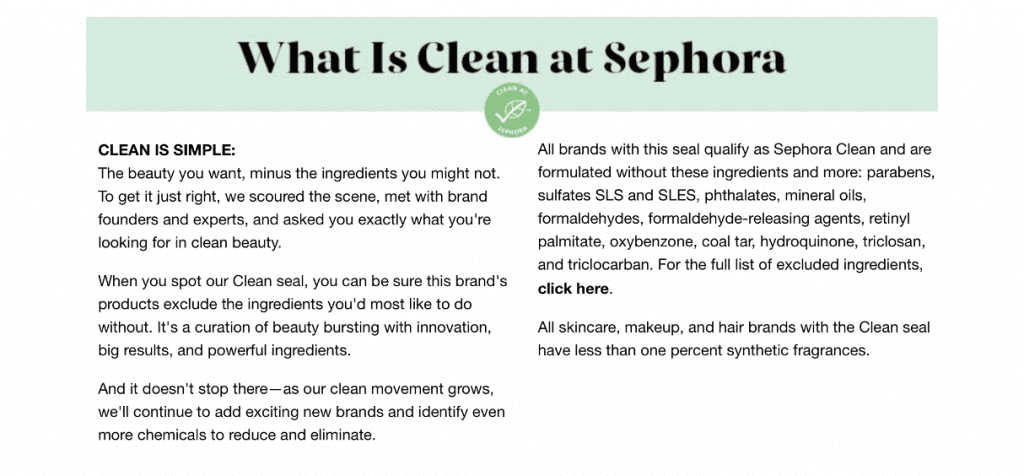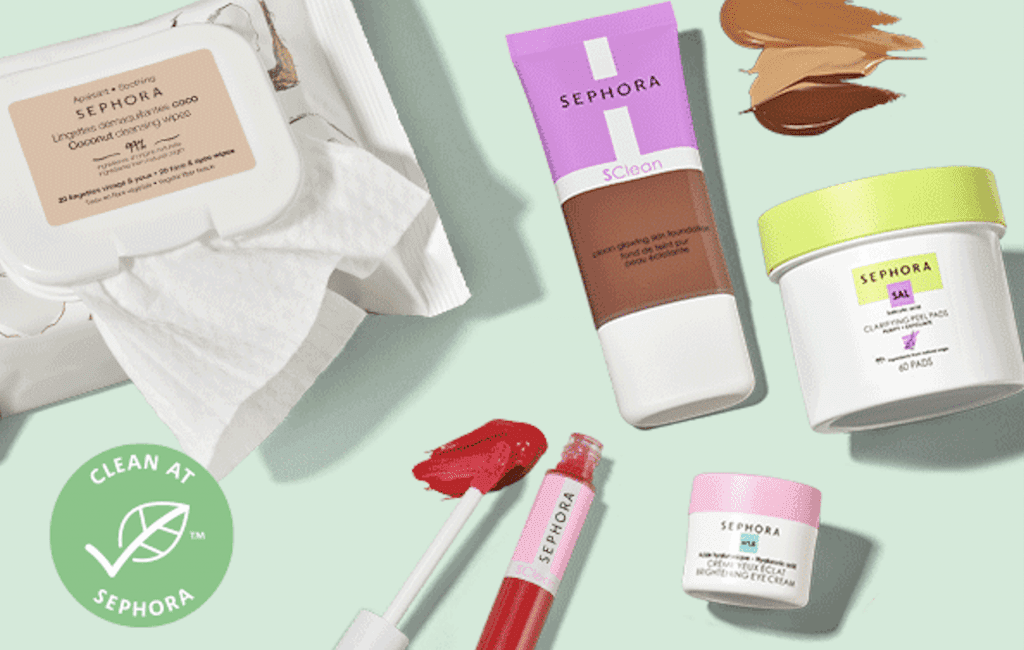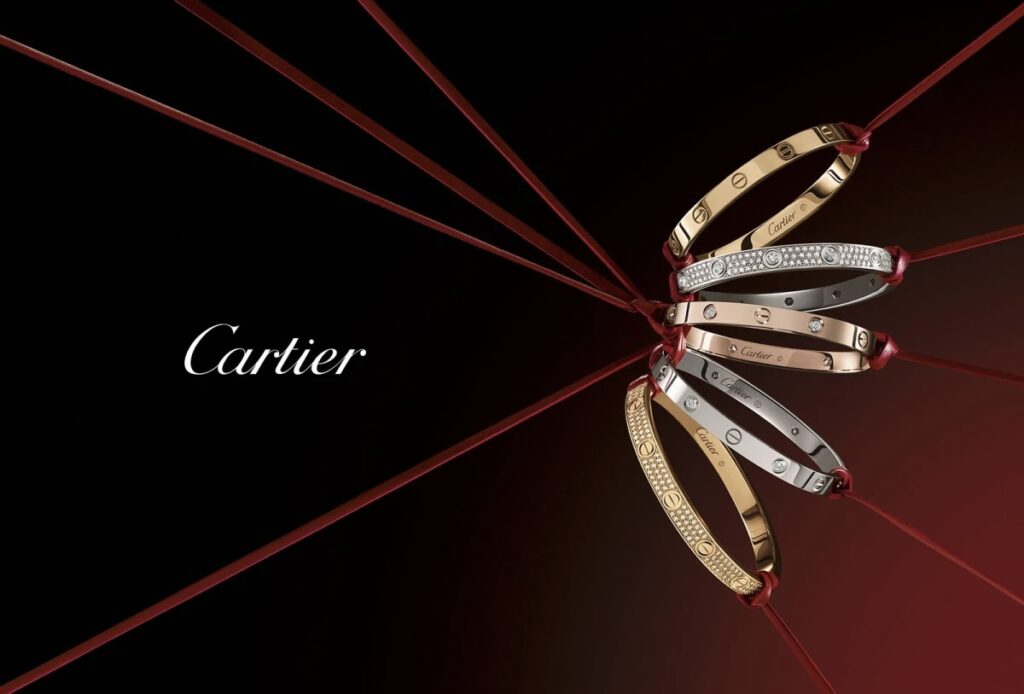Sephora is looking to get the false advertising and breach of warranty lawsuit waged against it over its “Clean at Sephora” collection tossed out, alleging that while its marketing of the cosmetics is straightforward, the plaintiff is “intent on twisting words for litigation purposes to mean something other than what they say or are said to mean.” In the motion to dismiss that it filed with the U.S. District Court for the Northern District of New York on Feb. 2, Sephora claims that despite Plaintiff Lindsey Finster’s assertions to the contrary, “It is not plausible that reasonable consumers are or could be confused by the ‘Clean at Sephora’ program at issue in this case,” as by Finster’s own account, “the program is a model of transparency upon which Sephora tells consumers in plain terms exactly what they are and are not buying.”
The basis of this entire lawsuit, according to Sephora, is Finster’s contention that the “Clean at Sephora” phrase “does not mean what it says, but instead misleads consumers into believing that the products being sold have exclusively natural ingredients.” (For a bit of background: Finster asserted in her Nov. 2022 complaint that by advertising and selling cosmetics as “Clean’ – when no shortage of the products contain ingredients that are “inconsistent with how consumers understand” the term “clean,” the beauty retailer is engaging in false advertising and breaching warranties that it has made to consumers in connection with those products. Finster defines “clean” products as those that are “not synthetic [or] connected to causing physical harm and irritation.”)
The crux of the problem with Finster’s approach, Sephora claims, is that she is not only looking to “transform the phrase ‘Clean at Sephora’ into something completely different,” namely, “Natural at Sephora,” she is ignoring the fact that “Sephora prominently explains, in plain terms, exactly what it means by the phrase,” and she does not allege that Sephora’s definition is “not prominently displayed or is not, in any sense, being met.” As for what Sephora means by the phrase, it advertises the “Clean” offerings as “formulated without parabens, sulfates SLS and SLES, phthalates, mineral oils, formaldehyde, and more.”
In short: “Everything Sephora says about products with that label is true, and no reasonable consumer would understand those representations to mean what they do not say,” the company claims.

Instead, Sephora alleges that Finster “relies exclusively on what … she implausibly claims to think or how she personally may use the word [‘Clean’] in a way wholly different from how Sephora clearly states it is using it.” Because “any other approach would leave no word safe from linguistic manipulation, or even complete transformation, cases of this kind cannot survive and are routinely dismissed, as this case should be too,” the LVMH-owned beauty retailer claims.
New York General Business Law, Fraud & Warranty Claims
Delving into the New York General Business Law (GBL”) claims – which prohibit deceptive acts or practices in the conduct of business, and false advertising, in particular – that Finster makes in her lawsuit, Sephora asserts that the plaintiff fails on this front because she does make have any plausible allegations that the “Clean at Sephora” representations are “misleading to a significant portion of reasonable consumers.” Sephora contends that Finster fails to sufficiently plead her claims, as she falls short in showing that its “acts or practices were deceptive or misleading in a material way.”
Primarily, Sephora asserts that Finster has “not pled any facts to show that reasonable consumers do or even could conclude … that ‘Clean at Sephora’ products include only all-natural ingredients.” Sephora asserts that Finster also fails to allege that “Clean at Sephora” misleads consumers about the safety of included ingredients. To begin with, Sephora says that it makes “no promises of this kind” by way of the “Clean at Sephora” products/marketing. “In fact, ‘Clean at Sephora’ makes no representations at all about what is included in the products, [and] instead, is about what is excluded, which is expressly limited to certain “specific ingredients.”
Finster “does not allege that any ingredients ‘Clean at Sephora’ says are excluded have been included,” but opts to “allege that a handful of ingredients about which Sephora makes no statement at all and never promises to exclude might be harmful.” As such, Sephora maintains that “no reasonable consumer would or could be misled into believing that a program promising only to exclude certain ingredients is somehow making representations about what is included,” and notes that Finster has not alleged that “‘a significant portion’ of reasonable consumers would plausibly misconstrue the label in this way.”
Still yet, Sephora argues that Finster “does not cite to a single reputable source that shows any ingredients [included int the ‘Clean at Sephora’ products] are harmful,” and relies, instead, on “vague, carefully-excerpted quotations from obscure laypeople at the fringes of the beauty and food industries.”
Because Finster does not sufficiently plead her GBL claims, her consumer fraud claim should similarly be dismissed, according to Sephora, because that claim is duplicative of her claims brought under the GBL, and “therefore, suffers from the same plausibility shortfalls as those claims.”
All of her remaining claims are similarly based on “the false premise that the ‘Clean at Sephora’ label is misleading,” Sephora argues, including her breach of warranty claim. Finster asserted in her complaint that Sephora expressly warranted that the ingredients contained in “Clean at Sephora” products were “not synthetic nor connected to causing physical harm and irritation” through its advertising, marketing, and packaging. While she contends that Sephora breached this express warranty, the retailer argues that it “made no such express warranty.”
“Sephora never warranted that ‘Clean at Sephora’ products are ‘not synthetic nor connected to causing physical harm and irritation,’” the defendant asserts, stating that its “Clean” products and corresponding marketing “states only that certain ingredients are excluded.” Because “there is no express warranty promising what [Finster] claims,” Sephora claims that she “could not have reasonably relied on it, nor could Sephora have breached it and injured [her] as a result.”
Finster’s breach of implied warranty, Magnuson Moss Warranty Act violation, and unjust enrichment claims should also be dismissed on similar grounds, Sephora urges.
The case is Finster v. Sephora USA Inc., 6:22-cv-01187 (N.D.N.Y.)














